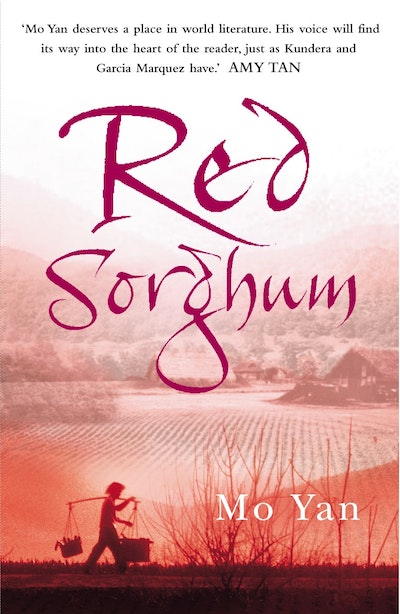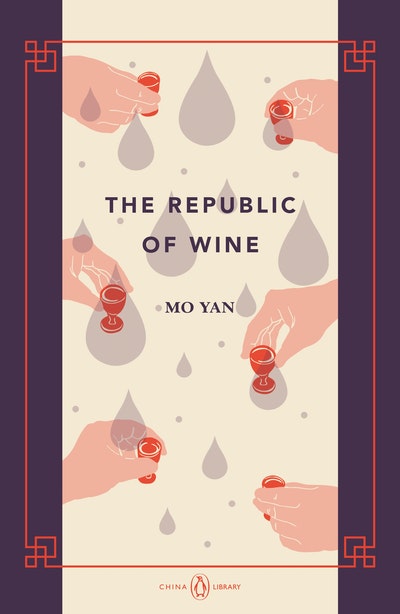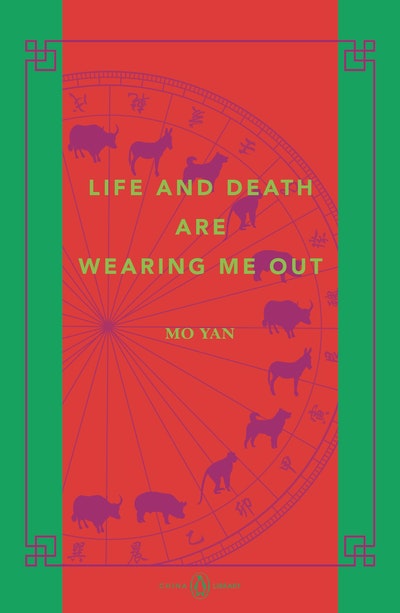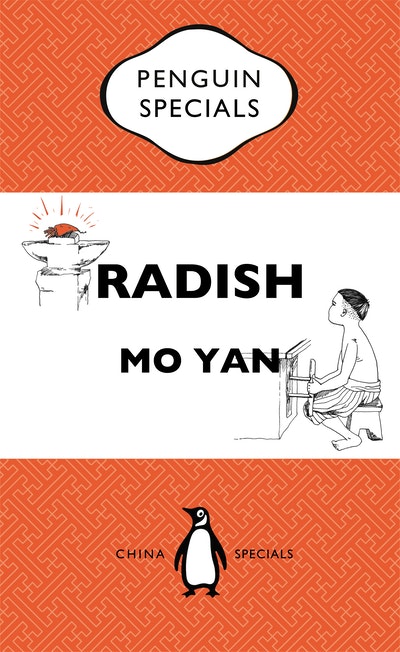[]
- Published: 12 October 2012
- ISBN: 9781448151172
- Imprint: Cornerstone Digital
- Format: EBook
- Pages: 384
Red Sorghum
Formats & editions
Buy from…
- Published: 12 October 2012
- ISBN: 9781448151172
- Imprint: Cornerstone Digital
- Format: EBook
- Pages: 384
Mo Yan deserves a place in world literature. His voice will find its way into the heart of the reader, just as Kundera and Garcia Marquez have.
Amy Tan
Brilliant, lyrical and intoxicating.
San Francisco Chronicle
One of the most unusual and powerful fictional works of modern times.
New York Newsday
A real heir to Lu Xun, a fine Chinese writer deeply concerned with the gate of his fellow men.
Times Literary Supplement
One of China's leading writers... Mo Yan stands out in China's literary scene. His work rings with refreshing authenticity.
Time
His idiom has the spiralling invention and mytho-maniacal quality of much world literature of a high order, from Vargas Llosa to Rushdie.
Observer





